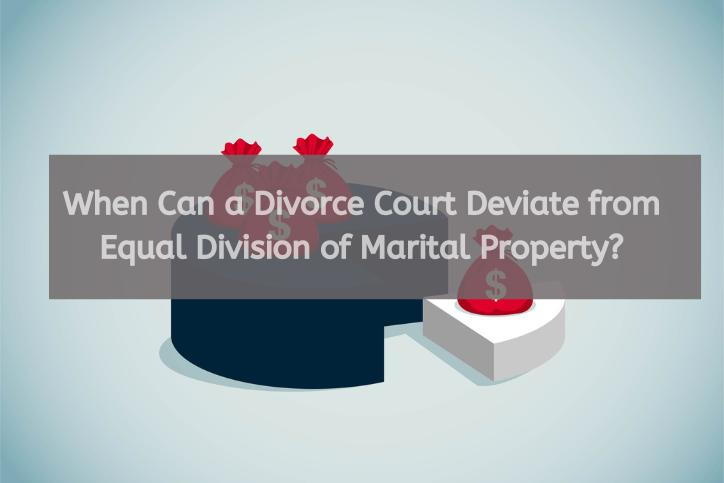
When Can a Divorce Court Deviate from Equal Division of Marital Property?
- posted: Jul. 01, 2024
- Divorce
In Arizona, the rule of equal division of marital assets during a divorce is guided by the state's community property law, which dictates that all assets and debts acquired by a couple during their marriage are equally owned by both spouses. However, unlike some community property states, Arizona does not mandate that the division of marital property be exactly equal.
Arizona judges conducting property division in a divorce may deviate from an equal split under certain circumstances in order to achieve fairness and equity.
Commingled assets — This means separate property has been mixed with community property to the extent that it becomes difficult to distinguish between the two. Commingling can occur in various forms, such as one spouse using inheritance money (a separate property) to improve a jointly owned home (community property). In fairness, the court may award a larger portion of the commingled property to the contributing spouse.
Contributions to the community — The court might consider each spouse's contributions to the acquisition and maintenance of community property. This includes non-monetary contributions such as homemaking and child-rearing. If one spouse has made significantly greater contributions, the judge may award them a larger share of the community assets.
Value disparities — In some cases, dividing assets equally could result in one spouse receiving assets with significantly higher value. For example, one spouse might receive the family home while the other receives investments of equivalent monetary value. If the house appreciates significantly, the distribution might appear unequal in hindsight. The court can order an equalization payment from the spouse receiving the higher-value asset to balance the division.
Duration of the marriage — In shorter marriages, there might be fewer community assets to divide, and an unequal division might result from the brief economic partnership. Conversely, in long-term marriages, assets are typically more commingled, leading to a division that more closely approximates equality but still allows for adjustments based on other factors.
Separate property contributions — One spouse's separate property may have significantly contributed to the acquisition or enhancement of community property. For instance, if one spouse used their separate funds to make a down payment on a house that became community property, the judge might award that spouse a larger portion of the property value.
Economic misconduct — If one spouse has squandered community assets or incurred unreasonable debt, the court may compensate the other spouse by awarding them a larger share of the remaining community property. However, marital misconduct like adultery is not considered a basis for unequal division of assets.
Dividing marital property often requires intense negotiations. These sessions become even more challenging when one spouse attempts to hide or minimize the value of assets. A skilled Arizona divorce attorney can be indispensable to ensuring a fair division of property.
Clark & Schloss Family Law, P.C. in Scottsdale has wide experience representing Arizona spouses in marital property contests during divorce. Call us at 602-789-3497 or contact us online to arrange a consultation.



